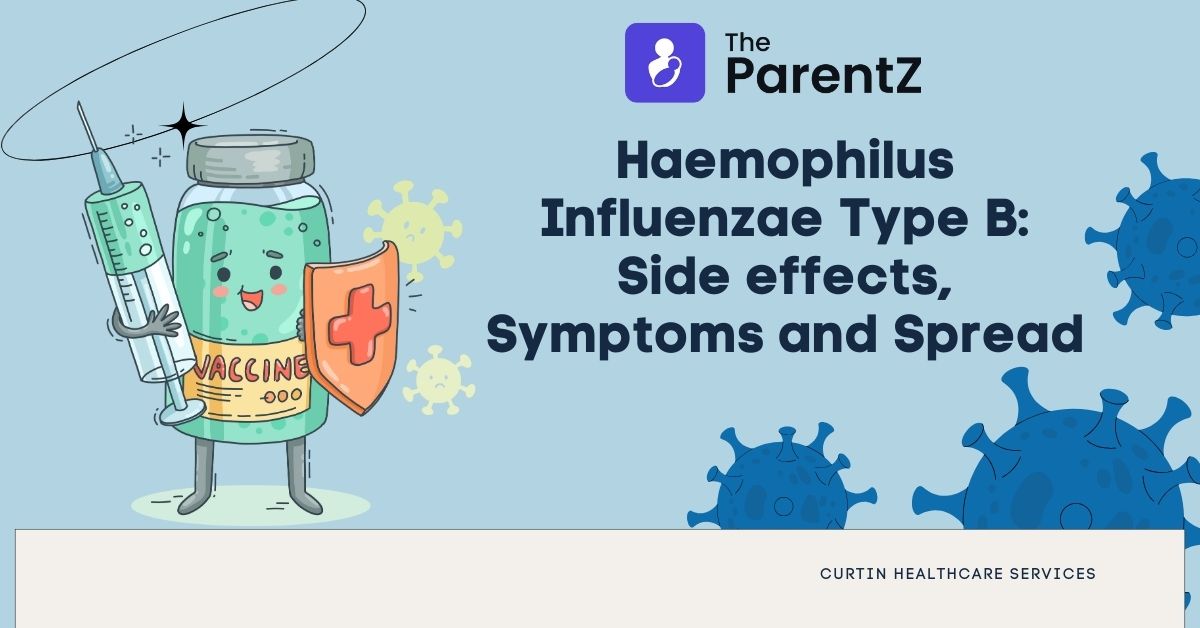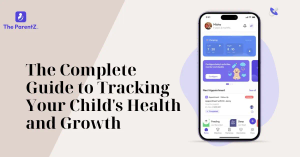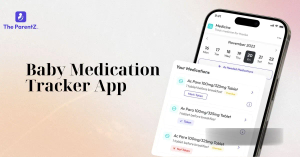When to give shot?
HiB vaccination is a part of routine immunization schedule of several countries. It is a type of inactivated vaccine.The vaccine is given in three doses at 6,10 and 14 weeks as a part of the pentavalent vaccine (DPT+HiB+HepB). A booster dose of the HiB vaccine can be given between 16-18 months of age.
Why should the shot be given?
HiB vaccine should be given to protect the child from infection. HiB is a very dangerous disease and is especially common in children under 5 years of age. It is widely prevalent in areas where routine HiB vaccination is not performed. Giving a vaccine protects your child against an infection which is potentially deadly.
What are the side effects?
There are some mild side effects which may develop post HiB vaccination. These are self resolving and not dangerous. They include:
- The child may be irritable and not feel well. Child will be unusually fussy and tired. They may also be drowsy.
- Local reactions may develop. This includes pain, swelling and redness in the area where the vaccine was injected. This is not a cause for concern and it will resolve spontaneously over the next few days.
- Fever may develop post vaccination. Fever can be treated at home itself with antipyretics such as paracetamol being given. The thing to consider during giving your young child medicine is that the dose should be correct according to the age and weight of the child and overdosage has to be avoided.
- Anaphylaxis or an allergic reaction to the vaccine may occur. Anaphylaxis is rare but a dangerous complication and children are recommended to wait in the clinic 15 minutes post vaccination to deal with this emergency if arising. It can be recognised early by reddening of skin and generalised itching followed by difficulty breathing. A child who develops anaphylaxis should be brought to the hospital immediately. It can be managed by giving a shot of anti-allergic and anti-inflammatory agents immediately.
What is HiB?
HiB refers to haemophilus Influenzae-B which is a type of bacteria. Usually, the bacteria lives as commensal in a human’s nose and throat but when it spreads to other parts of the body and in a state of low immunity it can lead to serious infections. HiB infection is prevalent in countries where vaccination is not followed. It is an especially common disease of children.
What are symptoms of HiB?
HiB can cause infection in various parts of the body. The symptoms produced by HiB depend on the part it has infected. The symptoms depending on disease are:
- Lung – It causes pneumoniae of the lungs. Child develops fever, chills, cough, cold and it may also progress to a difficulty breathing.
- Brain – HiB can also cause an infection of the brain or meningitis. This is a serious infection in the children. Child develops fever, chills and the neck becomes rigid. There is muscle stiffness and the baby is very cranky or sleepy. Older children may also complain of headaches. Children may also have repeated vomiting and not feed well.
- Epiglottis – This is the infection of epiglottis, a structure in the throat. It becomes red, swollen and there is pain in the throat. Sometimes, if untreated the swelling can progress to levels where it blocks the airway of the child.
- Cellulitis – It is an infection of the skin where the affected area becomes red, swollen, painful. It usually affects the face.
- Arthritis – It is an infection of the joint and the child can have swelling, redness and pain in the joints.
- Ear infection – There is fever, pain and redness of the ear with intense earache.
Is HiB serious?
HiB is a serious infection of the childhood which is common under 5 years of age. It is a serious and life threatening infection. It is also especially dangerous as the infection develops and spreads through the body of the child very rapidly and by the time parents realise that the child is sick, the condition becomes very bad. HiB infection has a high mortality if untreated.
How does HiB spread?
HiB infection mainly spreads through droplets. Droplets released by an infected person which contain the bacteria can enter your child’s body through the respiratory routes. Most children develop the disease when they come in close contact with other children who are already infected.





Be the first one to comment on this story.